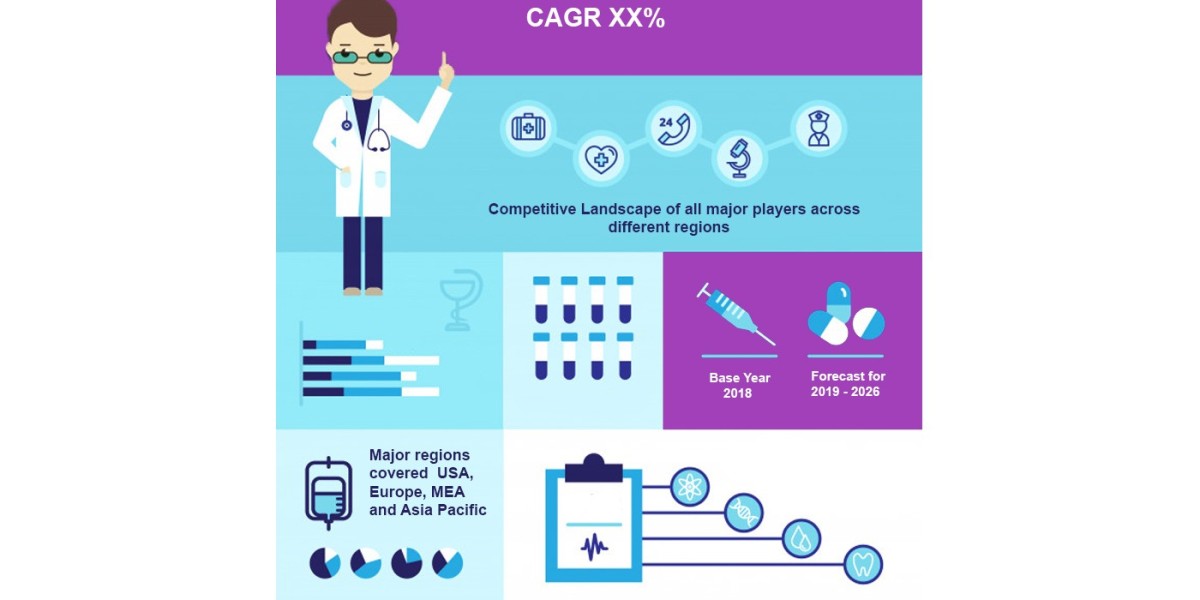High blood pressure, or hypertension, is one of the most common health conditions worldwide. Despite its prevalence, many people are unaware they have it because it often shows no warning signs. Managing hypertension blood pressure is critical for maintaining heart health, preventing strokes, and living a longer, healthier life.
What is Hypertension?
Hypertension happens when the force of blood pushing against the walls of your arteries remains consistently too high. Over time, this pressure can damage the arteries, leading to serious health complications such as heart disease, kidney failure, and vision loss.
Doctors measure blood pressure with two numbers:
Systolic pressure (the higher number) measures the pressure in the arteries when the heart beats.
Diastolic pressure (the lower number) measures the pressure between beats when the heart is resting.
A normal blood pressure reading is around 120/80 mmHg. Readings consistently above this range may indicate hypertension.
Causes and Risk Factors
Several factors can contribute to the development of high blood pressure:
Genetics: Family history plays a major role.
Diet: High salt intake and poor nutrition can increase risk.
Lack of Physical Activity: Sedentary lifestyles contribute to hypertension.
Obesity: Extra weight forces the heart to work harder.
Stress: Chronic stress can temporarily elevate blood pressure.
Medical Conditions: Diabetes, kidney disease, and sleep apnea are linked to hypertension.
Medications: Some medications, including certain over-the-counter painkillers and even drugs like 100mg Viagra pills, may affect blood pressure levels, though the impact is usually minor when taken correctly.
Symptoms of Hypertension
Hypertension is often called the "silent killer" because it typically has no symptoms until significant damage has occurred. In severe cases, people may experience:
Headaches
Dizziness
Blurred vision
Chest pain
Shortness of breath
This makes regular blood pressure monitoring essential.
How to Manage and Prevent Hypertension
Managing hypertension blood pressure involves a combination of lifestyle changes and, if necessary, medication. Here are effective strategies:
Healthy Diet: Focus on fruits, vegetables, lean proteins, and whole grains. Reduce salt intake.
Exercise Regularly: Aim for at least 30 minutes of moderate activity most days.
Maintain a Healthy Weight: Losing even a small amount of weight can lower blood pressure.
Limit Alcohol and Caffeine: Both can raise blood pressure if consumed excessively.
Quit Smoking: Smoking damages blood vessels and raises blood pressure.
Manage Stress: Techniques like meditation, yoga, and deep breathing exercises can help.
Medication: When lifestyle changes aren't enough, your doctor may prescribe blood pressure medicines.
Conclusion
Hypertension blood pressure is a serious but manageable health condition. Early detection, regular monitoring, and a commitment to a healthier lifestyle are key to keeping blood pressure within a safe range. Partnering with healthcare providers and staying informed ensures that you stay in control of your health and well-being.









